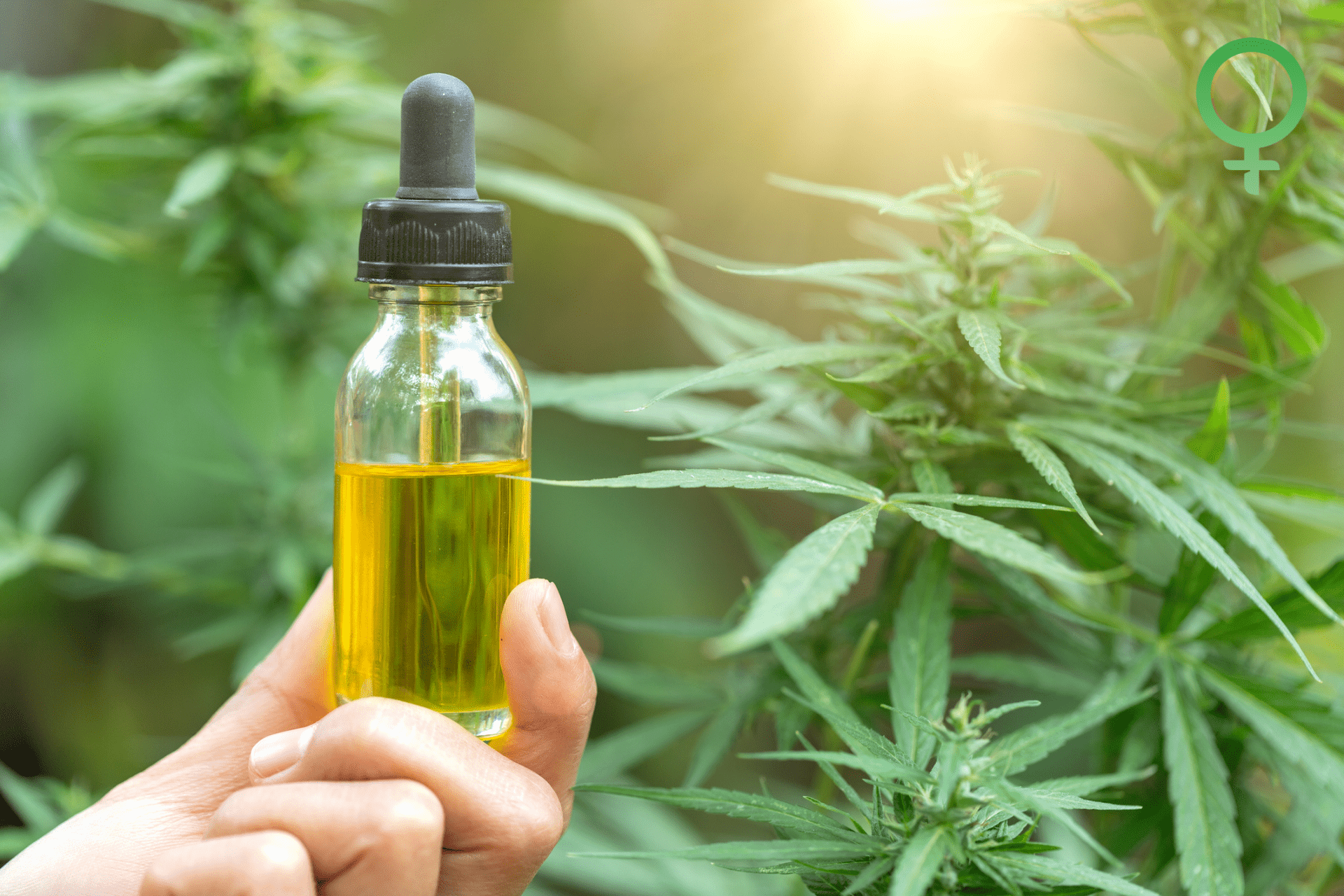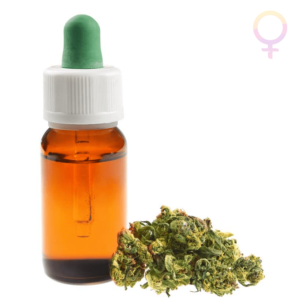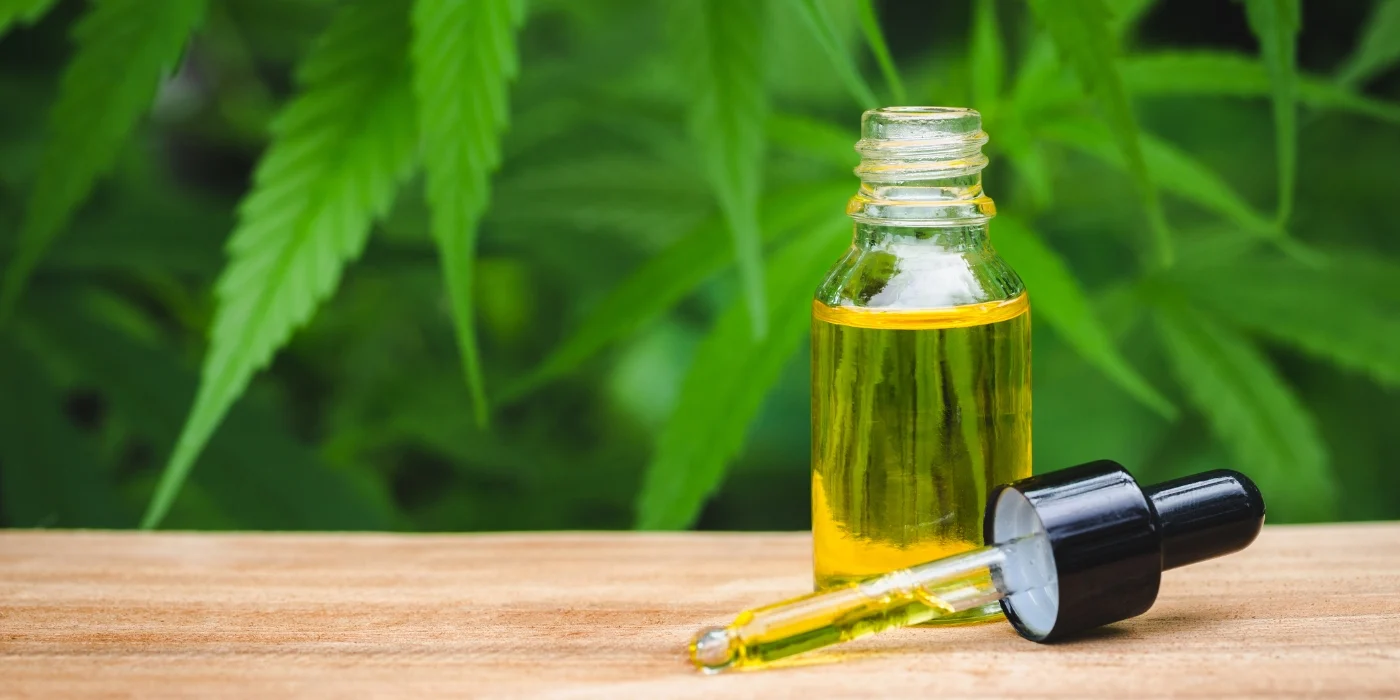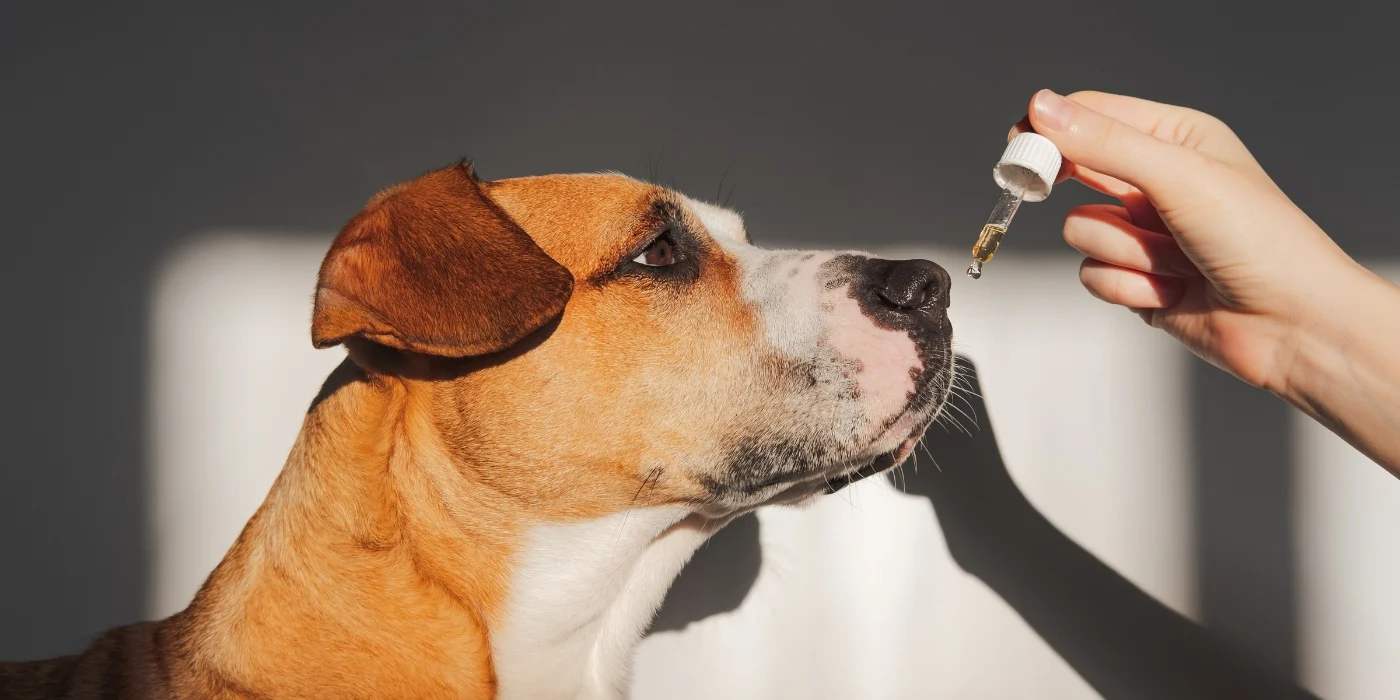
- CBD
-
by gu
Hemp oil and CBD oil both have amazing therapeutic benefits. It’s no wonder so many rave about CBD products and their wealth of uses. But with popularity comes popular deceit: convincing unwitting consumers that hemp oil and CBD oil are one and the same.
Hemp Vs. CBD
Hemp is a variety of the plant, Cannabis Sativa L., that contains little to no psychoactive properties. The Marijuana Marketing Act of 1946 was the first to define hemp. According to Section 297 A of the document,
“The term ‘hemp’ means the plant Cannabis Sativa L. and any part of that plant, including the seeds thereof and all its derivatives, extracts, cannabinoids, isomers, acids, salts, and salts of isomers, whether growing or not, with a delta-9 tetrahydrocannabinol concentration of not more than 0.3 percent on a dry weight basis.”
CBD is a Component of Hemp

CBD, or cannabidiol, is one of more than 100 cannabinoids within the hemp plant. It is the second most prevalent cannabinoid in cannabis after delta-9 tetrahydrocannabinol, or THC, and contains no psychoactive properties despite its tremendous effect on the body. CBD research is expansive and suggests that it might provide analgesic, anti-seizure, anti-nausea, anti-inflammatory, anti-psychotic, anti-anxiety, anti-asthmatic, and anti-tumor properties.
It may also aid in drug addiction recovery. According to a 2015 article published in the Journal of Substance Abuse, “A limited number of preclinical studies suggest that CBD may have therapeutic properties on opioid, cocaine, and psychostimulant addiction, and some preliminary data suggest that it may be beneficial in cannabis and tobacco addiction in humans.”
CBD acts on the body through a series of receptors called CB1 and CB2 receptors located in the brain and peripheral tissue, respectively. It is either absorbed, inhaled, or ingested to elicit physiological effects on the body. The mode of ingestion determines its bioavailability and rate of absorption, and largely depends on the carrier agent used in its production. For example, smokable hemp flower absorbs through the lungs, which takes effect in around five to ten minutes. Edible CBD oil, on the other hand, could take an hour or more to absorb into the bloodstream. Topical CBD products only work locally (they do not absorb into the blood) and take effect within about 15 to 30 minutes.
Hemp Oil Vs. CBD Oil
Hemp oil comes from pressed hemp seeds. Though hemp oil is very nutritious and therapeutically-beneficial, it contains little to no cannabinoids like CBD, CBN, CBG, and so on. Nevertheless, hemp oil offers consumers many exciting benefits.
Hemp oil is a common ingredient in lotions, balms, and other topical products because it moisturizes the skin without clogging pores, stimulates hair growth and strengthens nails.
Hemp oil also contains many vitamins, minerals, antioxidants, and omega fatty acids. As an oral supplement, hemp seed oil can help reduce inflammation, improve eye and heart health, boost immune system function, and slow the signs of aging. In short, hemp seed oil has many health and cosmetic benefits.
Hemp oil is not, however, CBD oil. Because it comes from seeds, the cannabinoid content of hemp oil is negligible. Therefore, those who want the therapeutic benefits of CBD and other cannabinoids must seek products that clearly label CBD on the packaging.
Hemp CBD Oil
As the name suggests, hemp CBD oil is hemp oil infused with CBD. This method of production is essential because it equips CBD with a more natural path of absorption.
Rather than inhaling smokable hemp flowers, many choose to ingest CBD orally or topically. Though both modes of absorption are beneficial in different circumstances, such is only the case when CBD has an appropriate means of entry into the body. Infusing it into oil is a popular way to do just that because the oil functions as a carrier agent.
Let’s explain:
CBD alone has poor bioavailability. In other words, most of the pure CBD that a person ingests is expelled as waste before it can ever work its magic in the body. However, cannabinoids like CBD are extremely soluble in both alcohol and lipids (oils), which are highly bioavailable. By infusing CBD into oils, product manufacturers not only improve administration but absorption, as well.
Hemp CBD oil also means the inclusion of other valuable components like terpenes and flavonoids. Known as the entourage effect, these components of hemp work together for a broader range of benefits. Not only do consumers reap the benefits both of CBD and hemp oil, but they can also experience their effects in unison with the benefits of these flavorful, perfume-like chemicals. CBD-rich strains like Super Rich 1 are key to the development of high-quality CBD products as are the oils in which they are infused.
Closing Thoughts
Hemp oil and CBD oil are both amazing products but one does not equal the other. However, because both are derived from cannabis, package labels can be deceiving. While those who seek the cosmetic and nutritional benefits of hemp will fare well with hemp oil, those who require more advanced therapeutics of CBD should always check product labels for clarification. If the term “CBD” or “cannabidiol” is missing or vague, opt instead for a more reputable source.
Have you thought about growing hemp flower for CBD? Our selection of feminized hemp seeds is perfect for both commercial and home growers and our award-winning customer service team can help answer all of your hemp cultivation questions before you get started. Contact us today to start growing your next crop of smokable hemp flower.



